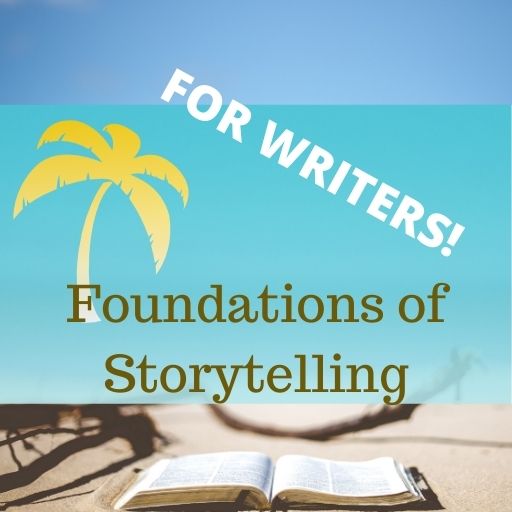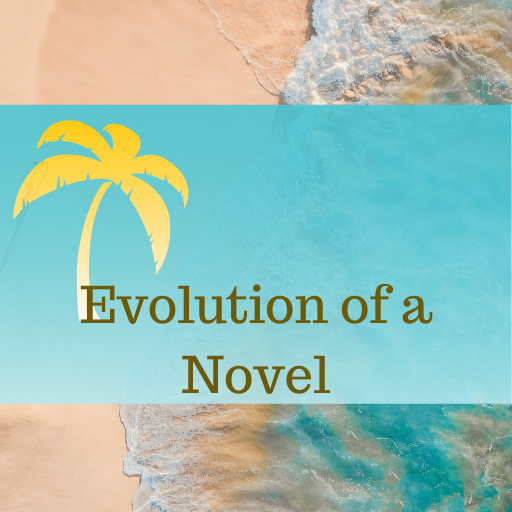How to End a Story
How to end a story is an important skill for writers to master.
Tips for How to End a Story
When authors fail to create successful story resolutions, it’s often because of one of three reasons.
Resolution doesn’t reflect story goal
The first is a resolution that does not reflect the protagonist’s efforts to reach the story goal. So, for example, if the protagonist’s story goal is to save the family farm in Kansas, and for eighty thousand words we see her defeat challenges ranging from tornadoes to corn blight, and at the end, just on the verge of making it all work out, the hero asks her to marry him and she says yes and they go off to Florida, readers are going to lose their minds.
What about the other eighty thousand words? The tornados and crop failures? They meant nothing? In one poorly imagined resolution, the author has knocked over everything that came before and made us detest that poor protagonist.
Don’t let this be what happens to your story. In the end, make sure the protagonist’s story goal has been resolved, too, not just swept aside. Maybe the protagonist can’t save the family farm, and she finally sees this, and that makes it possible for her to accept the hero’s offer of marriage and move with him to Florida, where they will tend orange groves and fight off crocodiles together.
Or maybe she saves the farm and she and the hero will settle down in Kansas and live together happily ever after.
Or she saves the farm and in her victory moment tells the hero to stuff it (this would not be a romance, obviously).
Any of these resolutions will cohere better with the protagonist’s story goal. Which one you might decide to go with will, or at least should, connect to the protagonist’s character arc.
If her character arc is to accept that everything has its season, then giving up the failing farm might actually be the most affirming thing she could do. If her story arc is that she has to learn to fight for what she wants, then living on the farm with the hero might be the right resolution. If she has to learn to live on her own terms, then rejecting the hero might be the right answer.
So, resolutions should always be informed by the character arc that the main character undergoes.
Resolution relies on luck or outside forces
Another problematic type of story resolution occurs when outside forces solve the story problem rather than the resolution being a culmination of the story events that have taken place before.
An example of this is an historical novel where a married character falls for someone else but can’t divorce his wife for religious or social reasons (it’s almost always the man who is married), and then the wife conveniently dies of consumption while everyone is still young enough to enjoy themselves.
It is just a form of deus ex machina, the god from the machine: a contrived plot device that artificially keeps the characters apart and just as artificially allows them to be together again. For this type of problem resolution, the story problem actually goes back to the beginning, with the idea that the lovers will be kept apart by the fact that one of them is married. Some other conflict should be used to keep them apart.
I know: now you have to rewrite the story. But it will be a better story if you do. Other times, you just need to figure out how the character(s) can solve their own problems: instead of the kindly mentor stepping in, the newly emboldened student marches up to the dean and demands a recount of the student board election; or instead of asking a friend to pass a note, the shy lover realizes the love of his life is about to board the bus and it’s now or never. You get the picture.
Resolution goes on too long
One other mistake authors make is to let a happy ending go on for too long, so that we see every thread tied up and the whole of the character’s future neatly laid out. Don’t do this. Readers hate it.
Not every ending has to be happy in order to be successful and satisfying to the reader, but if you do choose to use a happy ending, be aware the readers are impatient. They want the happy ending, then they want to close the book.
They do not want fifty pages of happily-ever-after. They’ll imagine all of that themselves. Let the lovers kiss, the parents be reunited with their child, the bad guy go to jail – and then write “The end.”
Tips for Editors & Writers
The Fine Art of Copyediting Fiction
When copyediting fiction, it’s common to run up against issues that pit author preference against standard editing approaches. For example, in a story I wrote some years ago, the main character’s neighbor is referred to as “3-B” as that is her apartment number and the MC doesn’t know her name. Fine. She can be referred…
Let the manuscript teach you how to edit it
One of the lessons I’ve learned over many years of editing is that you have to let the manuscript teach you how to edit it. Every manuscript is different and every manuscript needs a different touch. Even when an author does something I’ve seen many times before, I have to edit for that particular manuscript,…
Helping Authors Strengthen Story Settings
The setting of a novel consists of multiple elements, big and small, that nest inside each other like those little Russian dolls. We might show this hierarchy of settings like so: If you think about it, the micro setting of “the living room of 601 San Mateo Road Apartment 16” implies the existence of all…
Join the Club!
New to story editing? Begin at the beginning.






